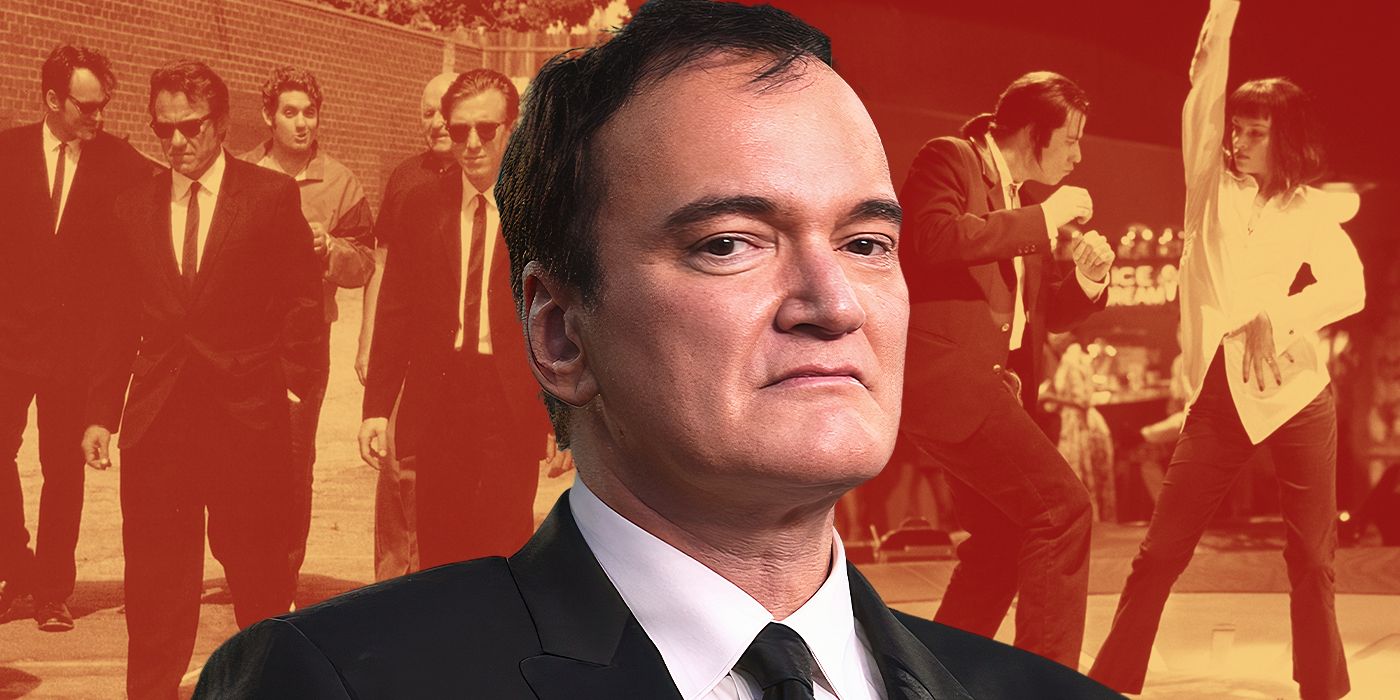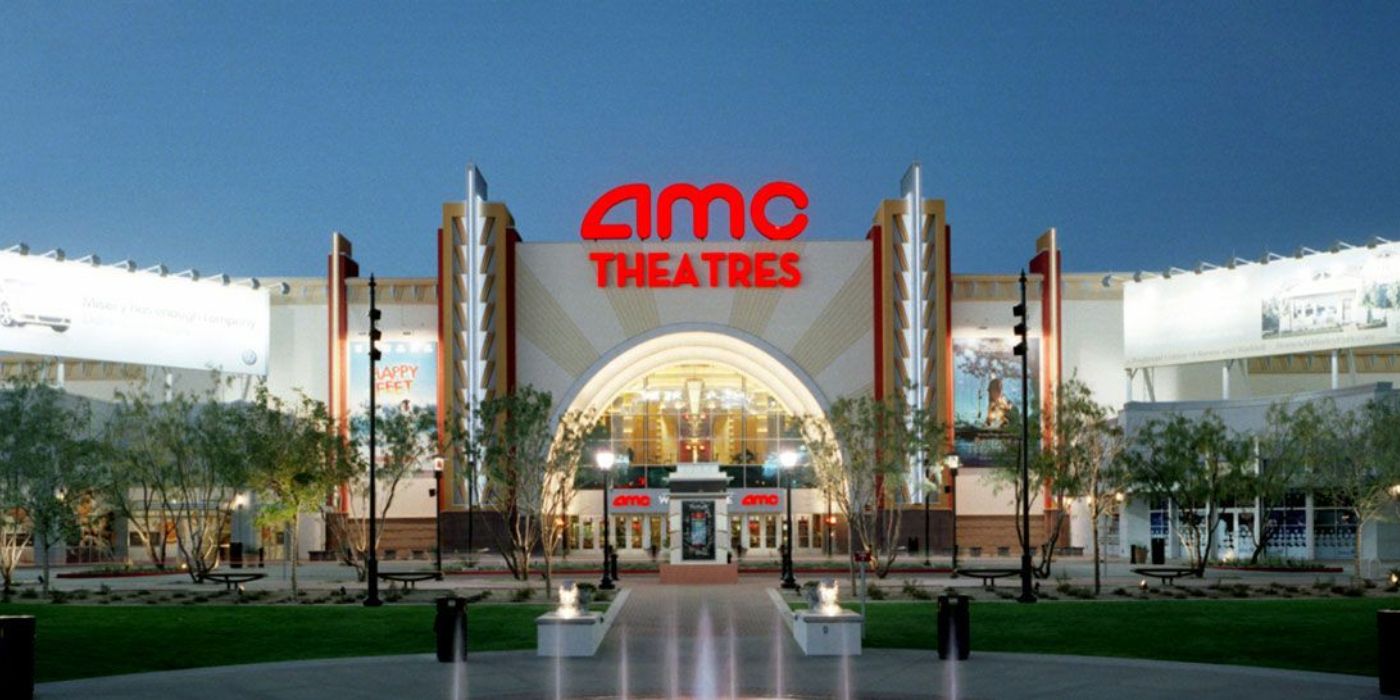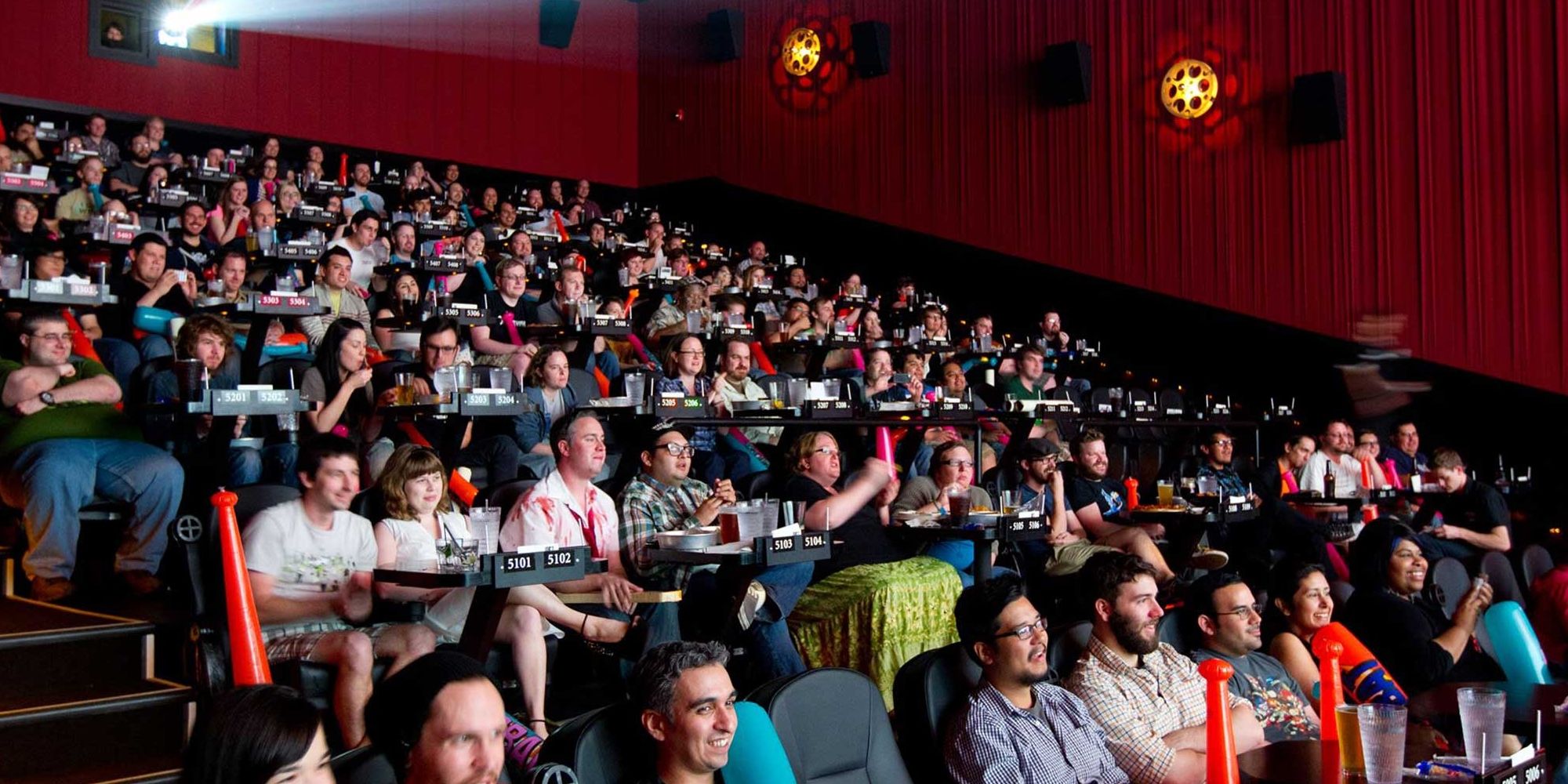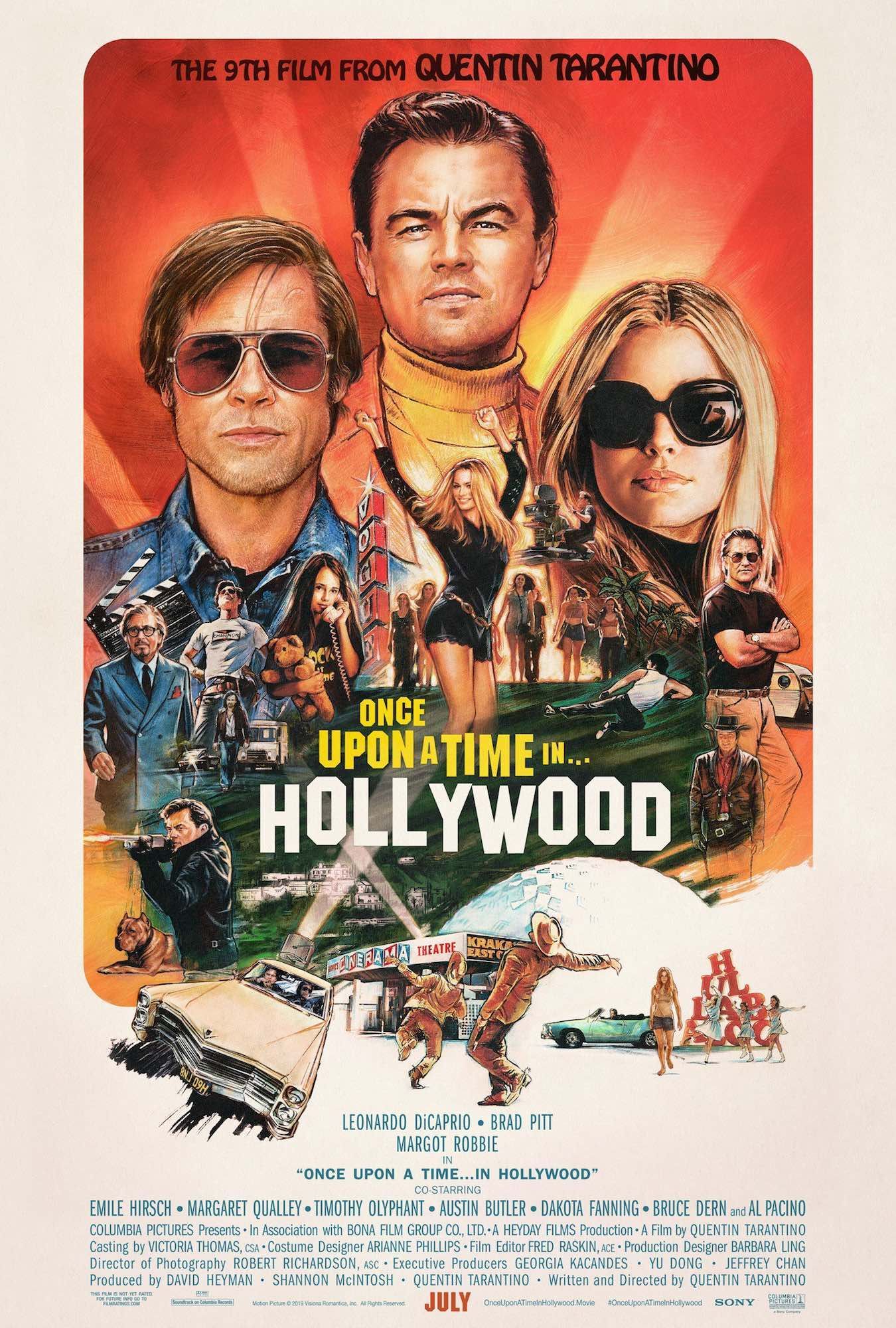
Few filmmakers today have as much reverence for the classical style of the art itself as Quentin Tarantino does, which is what makes his recent comments so striking to hear. During a recent appearance at the 2025 Sundance Film Festival, even though much of the focus was on his potential future retirement, the director expressed his personal alienation over the loss of the theatrical window over the last five years. He is not wrong to be worried, as we’ve seen studios using COVID as an opportunity to undermine theaters in favor of streaming, while things like theater-goers busting out cell phones during the movie have undermined the theatrical experience. Thankfully, such a backslide is not irreversible, and the path forward has already been laid by some of the biggest names in the business.
Quentin Tarantino Is Taking His Time … and Has Seen the Writing on the Wall
For many years, Tarantino has stated his desire to retire after 10 films, and there has been much debate over how serious he is, given that retirement can be a fickle mistress in the film industry. Still, the long break since his last film, Once Upon a Time in Hollywood, and the cancellation of what was nearly his 10th film has raised big questions, ones which he addressed during an unexpected appearance at Sundance this week. The reasons he gave were complex and introspective, providing a unique glimpse into where he stands both personally and professionally.
For one thing, Tarantino is currently focused on his two young children, having recently gotten married early in his 60s after many years as a bachelor. “I was a tough nut to crack, but I just hadn’t found the right nutcracker,” he memorably noted at the Sundance Q&A at The Elvis Suite presented by Darling & Co. The director also said that he was at peace with himself and had “climbed every mountain” that he wanted over the past three decades. However, there was also some sense that he remained disillusioned with the industry as a whole, which has deeply changed since he started his career over 30 years ago.
Long known as a proponent of movie theaters and more antiquated filming styles, Tarantino noted the long decline of the theatrical window as being a major factor in his personal alienation: “Making a movie? Well, what the fuck is a movie now?” Tarantino asked during Sundance. “Something that plays in theaters for a token release of four fucking weeks? And by the second week, you can watch it on television? I didn’t get into this for diminishing returns. It was bad enough in 2019, and that was the last fucking year of movies. That was a shit deal, as far as I was concerned, and the fact [is] that it’s gotten drastically worse. It’s become a show pony exercise, the theatrical release.”
Similarly, Tarantino also reaffirmed his recent interest in writing live theater, citing their ability to capture audience attention in a way movie theaters now struggle to do. “With theater? You can’t do that,” he said. “I pay a lot of fucking money to get in that seat, but there’s no fucking taping it. There’s no fucking cell phones. You own the audience for that time. For that moment, they are all yours. They are in the palm of your hand. And it’s not just about doing art. It’s about wowing them! It’s about giving them a great night out that will be worth it for them. Now, that, to me, is really fucking exciting!”
Most Movie Theaters Never Recovered From COVID
When Tarantino describes 2019 as the end of an era, it’s not just because that was the last time one of his films hit the big screen. By that time, movies were already hitting streaming roughly three to four months after release, less than half of how long most films would take to reach DVD a decade or two prior. Anyone in their mid-20s or older will recall the agonizingly long wait, but it also made movie theaters far more enticing to visit and rendered the home-video release an important event in their own right. While 90 days seemed like the new standard in 2019, the COVID pandemic really did change everything in a way Hollywood is still grappling with. Once theaters finally started to reopen after closing for months, studios began to demand a shortened theatrical window against theater chains who were in no position to refuse. Some simply did not survive the pandemic, and those who did have much less to work with if they still wanted to keep the industry afloat.

Related
Quentin Tarantino Reveals His Next Project, and It May Surprise You
The ‘Pulp Fiction’ director doesn’t want to do another movie until his son can be on set with him.
The Path Forward For Movie Theaters Is Already Evident
There are, of course, many reasons why the cinema-going experience has declined. Despite evidence showing the opposite, some have tried to blame younger viewers for lacking the incentive, while others will point to rising prices. Another factor is the use of smartphones, which remain prohibited in movie theaters but lack proper enforcement strategies. More than a mere annoyance, they tend to undermine the immersion for many viewers, depriving them of the experience they paid for. What makes release dates and phones so baffling, though, is that we already have seen solutions to these problems.
In the past few years, movies like Top Gun: Maverick and Oppenheimer have stuck to a longer theatrical window of several months after their creators both used their clout in the industry to insist upon it. Obviously, few filmmakers have as much sway in the national business as Tom Cruise or Christopher Nolan, but if more efforts are made to ensure a viable theatrical release, the movie theater chains themselves may be able to survive. They would also do well to take notes from more famous and esteemed cinemas like the Alamo Drafthouse, which has much stricter enforcement against using phones. Whether or not these changes can save cinemas in the long run is an open question, but they are both easy first steps to take if we want to keep movie theaters as a vital source of art and community not just alive, but also thriving.








